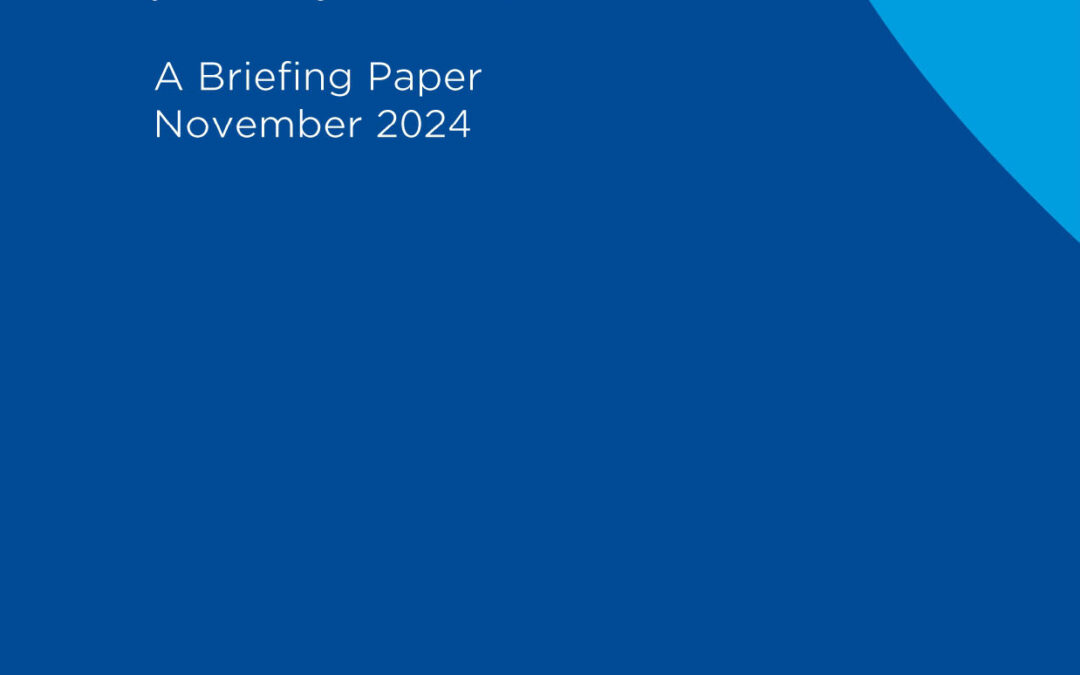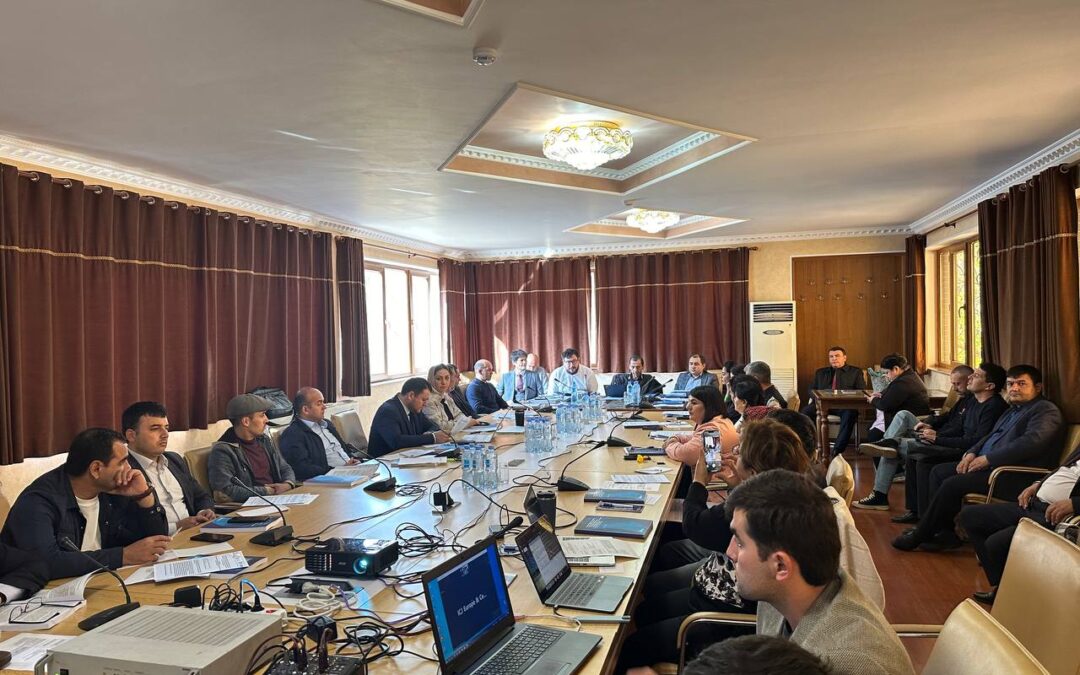


Tunisia: End grossly unfair “Conspiracy Case” mass trial of 40 opposition figures
Ahead of the start of the mass trial on 4 March 2025 in Tunisia’s trumped-up “conspiracy case”, the International Commission of Jurists (ICJ) calls on the Tunisian authorities to dismiss all charges against all 40 defendants, and to immediately release those who are...
Lesotho: ICJ briefing paper reveals the struggles of LGBTIQ+ persons navigating the justice system, and getting access to justice and effective remedies
A new briefing paper published by the International Commission of Jurists (ICJ) outlines some of the obstacles LGBTIQ+ people face in their access to justice and effective remedies and makes recommendations to the Lesotho authorities on how to address them.

Palestine/Israel: One Year On, Accountability for War Crimes and Protection of Civilians Needed More than Ever
International law – including, chiefly, international humanitarian law – must be the compass for all warring parties and all States to end ongoing atrocities, secure a lasting ceasefire and ensure accountability for serious crimes under international law, the...
Tajikistan: round table on lawyers’ effective use of international law and mechanisms
The ICJ, in cooperation with the Union of Lawyers of Tajikistan, the Office of the High Commission of Human Rights (OHCHR) Regional Office for Central Asia (ROCA), and the Organization for Security and Cooperation in Europe (OSCE) in Dushanbe convened a round table in Dushanbe, Tajikistan, titled “The Use of International Law and International Mechanisms by Lawyers in Tajikistan”.




